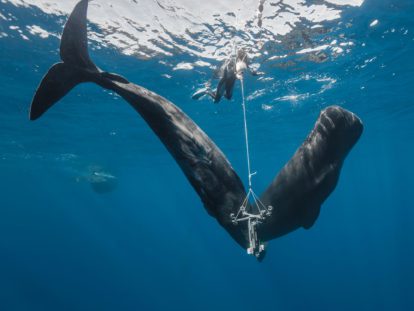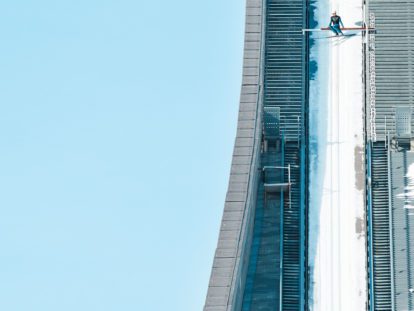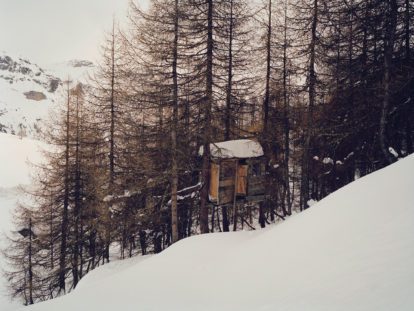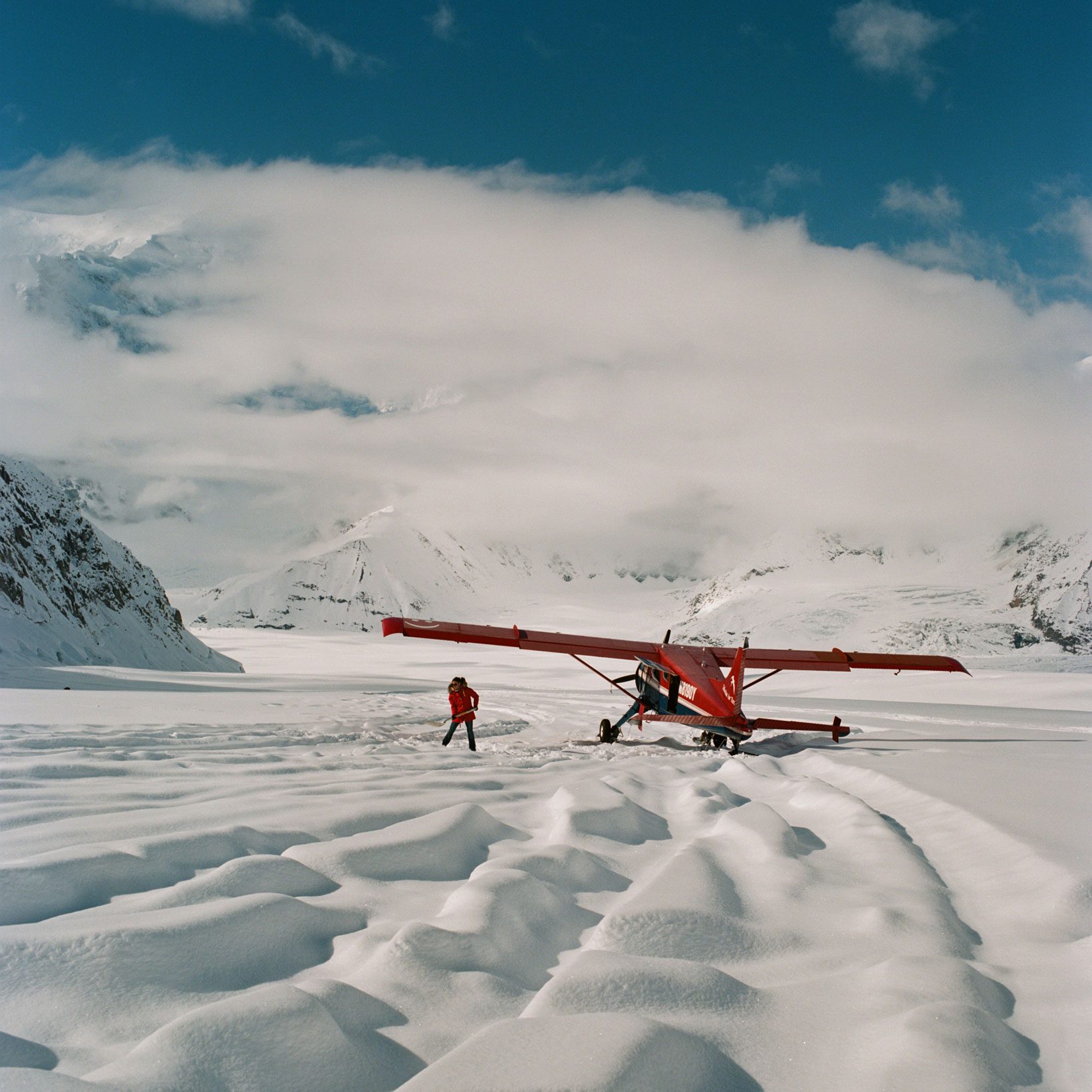We all know what it means to have an adventure – to scope out strange new vistas, encounter bizarre peoples, and (hopefully) fabulously strange, and yet oddly cute, creatures; but what can it possibly mean to have a literary adventure? Moreover, since the actual world is pretty much all used up from the adventuring perspective (if you do make it to the South Pole you’ll probably find yourself celebrating with some schoolchildren doing a charitable challenge), surely this means the virtual world of literature is equally over explored?
As a fully paid-up member of the Literary Explorers Club, I’d argue not – but then I would, wouldn’t I? Because there’s no one like an adventurer to cling to a romantically farouche vision, while all around him is a desolate wasteland of car parks and exurban retail units. However, what I want to argue is that literature finds itself in a position analogous to the Norsemen in Medieval Greenland: writers feel that in the 20th century they were too adventurous, overextended their territory by way too much, and have been forced to abandon their experimental colonies due to a harsh climate of popular indifference.
The great adventure of 20th century fiction came together in the expedition known as modernism.
Will Self
The great adventure of 20th century fiction came together in the expedition known as modernism. This was a series of attempts to – in Ezra Pound’s ringing phrase – ‘make it new’. In equivalent developments to those taking place in the visual arts, writers attempted to infuse literature with a fresh realism. Henceforth, the waywardness of our mental processes and the polymorphous perversities of our psyches were to be decanted directly on to the page, unmediated by the reassuring – but hopelessly naive – distractions of storytelling, with its attendant plot devices. After all, who among us can genuinely assert that their life has the character of a narrative, let alone that the pivotal events in their life have been determined by the sort of coincidences beloved of writers?
Modernist writers did away with all the paratextual detritus that bolstered the traditional novel form; and we can think of this, by analogy, as ridding the landscape of fences and ditches so that readers have the right to roam. In line with this formal adventuring, the modernists also took on the social taboos that corseted the Victorian novel; henceforth readers would join fictional characters in adventures to the bathroom and the bedroom; they would take part in their bowel movements and their orgasms.
So far so adventurous. But the problem for the modernists was twofold: on the one hand readers found their actual texts, shorn of the familiar structural guidelines, too difficult and confusing to understand – reading became a chore; and on the other hand plenty of readers – and writers – confused the free exercise of their libidinal imaginations with true adventuring. So the back end of the 20th century, and now the beginning of the 21st have been typified in all narrative media, including literature, by the explicit portrayal of sexuality and violence. Meanwhile, in a parallel development (at least at the metaphorical level), more formally adventurous writers have hacked their way on through the jungles of postmodernism and disappeared up their own arses.
I confess, my own work has been a perfect exemplar of this second tendency: emotionally unready to commit to true adventuring, for decades I spiced up my novels and stories with outrageous sex, violence, narcotic abandonment and degradation in lieu of any serious attempt to make it new. This changed about eight years ago, when, quite suddenly, I began to find the fictional realm I inhabited hopelessly overpopulated – its fields infertile, its cities sickeningly congested. I found I could no longer write in the conventional simple past – ‘He went to the pub’ – because my life took place in a continuous present. Nor could I suspend disbelief any longer in the existence of an omniscient narrator who saw all, understood everything, and seemingly ordained the destinies of fictional characters. I resolved to go adventuring – and struck out for the known.
The modernists – like the Norse – had failed to colonise the New World because their adventuring had been premature.
Will Self
It occurred to me that the modernists – like the Norse – had failed to colonise the New World because their adventuring had been premature. Twentieth century readers, only recently exposed to the new narrative medium of cinema, were fazed by literary experimentation that drew on techniques of film editing. But a century on, we’re all the inheritors of a rich tradition of cutting up and collaging, sampling and scratching; we’re all film and sound editors, who jump cut our way through the world. So the time has come to reoccupy the modernist bridgehead, and develop a genuine literary form of adventuring. After all, in the brave new world of digitisation, none of the old certainties will remain intact – including the book.
Will Self is a British author, journalist, political commentator and television personality










